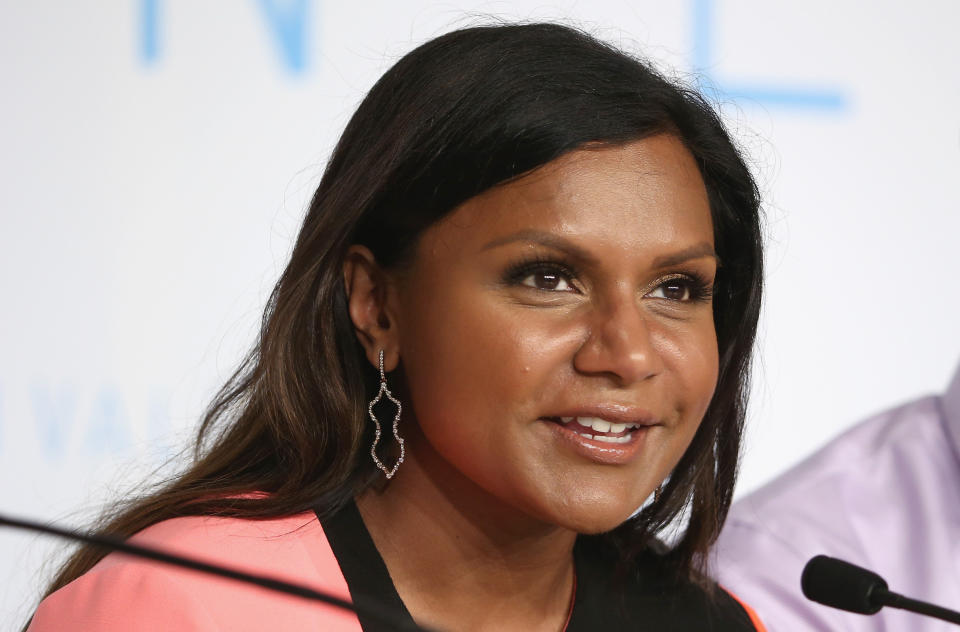Before You Complain About Your Body, Think About This

Academic studies can be fascinating... and totally confusing. So we decided to strip away all of the scientific jargon andbreak them down for you.
The Background
Whether it's a woman complaining about the size of her thighs or saying she's "so bad" for having that extra cookie she had at lunch, "fat talk" is oftena regular pat of women's daily conversations. According to a 2011 survey,93 percent of college-aged women engage in this type of disparaging commentary about their bodies and the bodies of others, endorsing the idea that thinner is always better. Fat talk has beenlinked with body dissatisfaction, especially forthose who engage in it themselves, but also for those who hear their friends' negative comments. The question is: How bad is fat talk for women, especially in the context of friendship?
Researchers from University of Queensland were among the first to study fat talk among actual friends, andtheir new study explores its affects on women's mental health as well as their social dynamics.
The Setup
The researchers gathered 43 pairs of friends between the ages of 17 and 25 and told them that they'd be participating in a study about communication on social media (not fat talk). Each friend pair was separated and instructed to discuss 20 celebrity images over an instant messenger program. They were told that they'd be randomly assigned to chat their friend first or second. If they were second, that meant that they'd reply to their friend's comment about the celebrity. But in reality, all participants were told to be the second one to chat, and the researchers sent them pre-selected comments that were either considered fat talk ( "She looks great after losing all that weight"), positive body talk ("Love that skirt, would look amazing on me!") or neutral ("Such a great actress").
After that, participants completed a survey that measured their body image, mood, their intentions to diet, and how much they had internalized the thin ideal. The survey also asked them to report how often they engaged in fat talk with their friends, and how they felt about the friend partnered with them in the study.
The Findings
After analyzing survey results, the researchers found that the correlates of disordered eating (like thin-ideal internalization, body dissatisfaction, poor mood and dieting intentions) were significantly higher for those whose "friend" chatted them with fat talk. In this study, however, merely listening (or reading, in this case) a friend's negative commentary only affected well-being if the person responded with fat talk, too.
Talking about bodies didn't always lead to negative consequences though. Those whose "friend" chatted positively about bodies, on the other hand, showed no increased risk. In fact, out of the three types of talk, positive body talk was considered the most "socially acceptable." Participants rated this type of chat positively, even if the norm in their friend circle was to engage in fat talk.
The Takeaway
While it may seem harmless to look at a photo of Jennifer Lawrence and joke to a friend, "I'd neverbe able to wear that," this study suggests that it could actually be pretty bad for your self-esteem -- and your friend's, if she chimes in with her own negative body talk.
Fat talk is the norm in many women's friend circles, so it might seem daunting to deviate from that social formula, sitting silently as your friend jokingly berates herself for ordering dessert or even --gasp-- expressing that you actually like your body the way it is. But knowing how bad it is for everyone involved can serve as motivation to avoid fat talk and maybe even say something nice about your own figure. After all, participants across the board appreciated positive body talk.
When it comes to talking about your body -- or anyone's body -- perhaps it's best to remember the old adage: If you have nothing nice to say, don't say anything at all.
Also on HuffPost:
Gina Rodriguez
![The Golden-Globe winner <a href="http://www.huffingtonpost.com/2015/04/21/gina-rodriguez-body-image_n_7104118.html" target="_blank">told HuffPost Live</a> how her father shaped her perspective on beauty: <blockquote>Beauty was very much on my mind. I had a father that would -- we would look up at billboards and he would say, "That's one version of beauty. You're another version of beauty. And she's a version of beauty. And that girl? She's another version of beauty." He always said that beauty came from within, and as much as you're younger and you're [sarcastically] like, "Yeah, beauty comes from within" -- no, beauty does come from within. I've met some of the most beautiful people, and sadly their heart is just not smiling, and that destroys it all. And then other people that aesthetically aren't considered as beautiful are the most gorgeous people I've ever seen in my life.</blockquote>](https://s.yimg.com/ny/api/res/1.2/9RWrbSPZgN_hmfA0.5p3VQ--/YXBwaWQ9aGlnaGxhbmRlcjt3PTk2MA--/https://img.huffingtonpost.com/asset/55a6713b1200002b00134b2f.jpg)
Beauty was very much on my mind. I had a father that would -- we would look up at billboards and he would say, "That's one version of beauty. You're another version of beauty. And she's a version of beauty. And that girl? She's another version of beauty." He always said that beauty came from within, and as much as you're younger and you're [sarcastically] like, "Yeah, beauty comes from within" -- no, beauty does come from within. I've met some of the most beautiful people, and sadly their heart is just not smiling, and that destroys it all. And then other people that aesthetically aren't considered as beautiful are the most gorgeous people I've ever seen in my life.
Lady Gaga

Adele
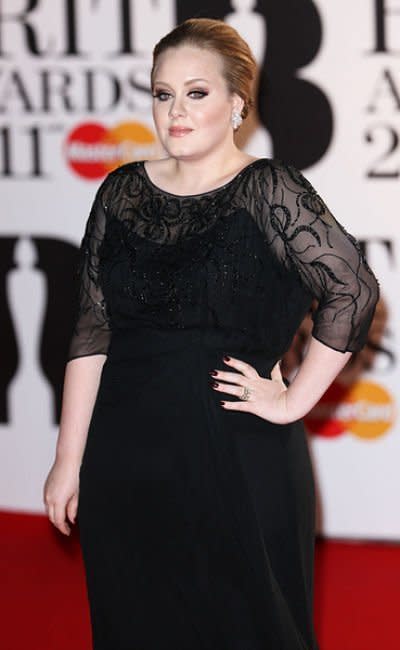
Rebel Wilson
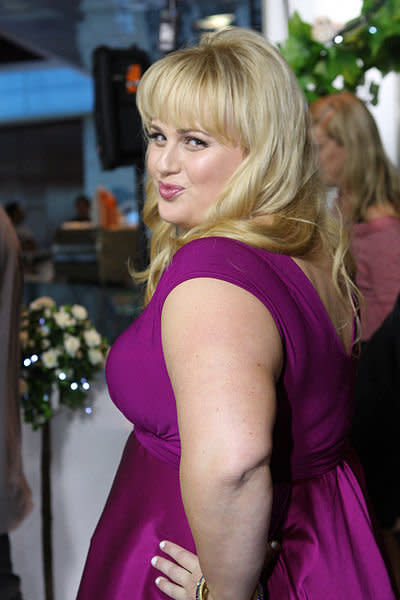
Margaret Cho
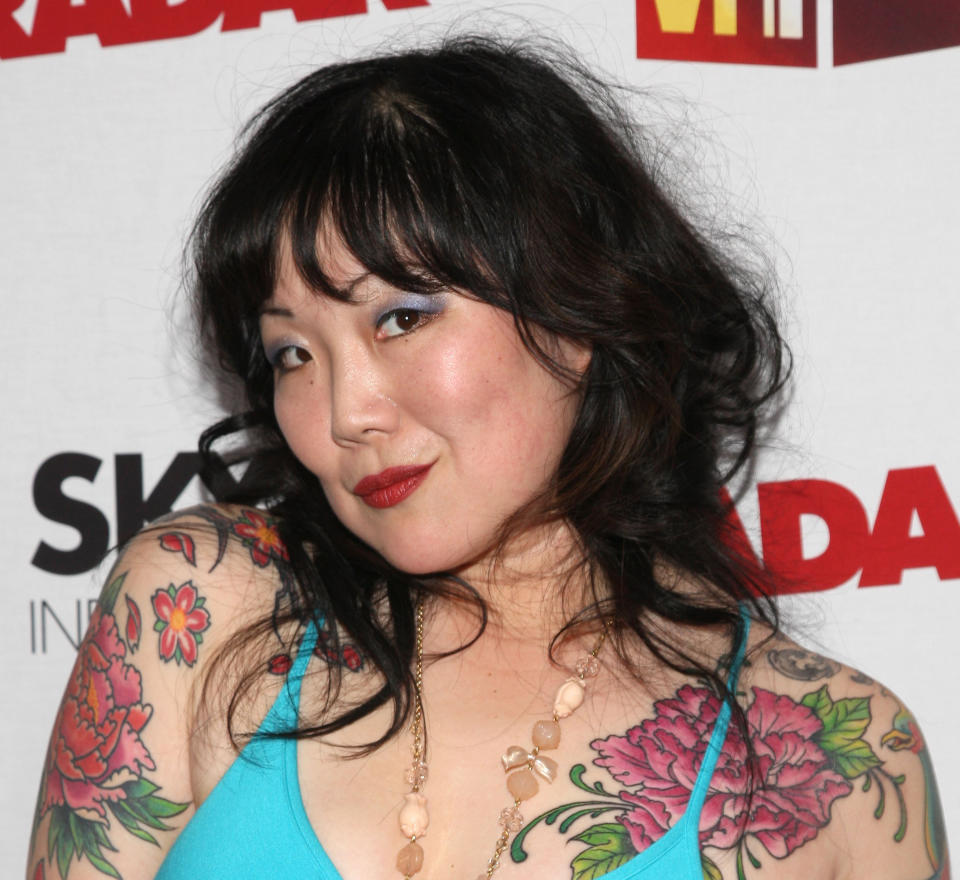
I grew up hard and am still hard and I don't care. I did not choose this face or this body and I have learned to live with it and love it and celebrate it and adorn it with tremendous drawings from the greatest artists in the world and I feel good and powerful like a nation that has never been free and now after many hard won victories is finally fucking free. I am beautiful and I am finally fucking free.
Ashley Judd

Danielle Brooks
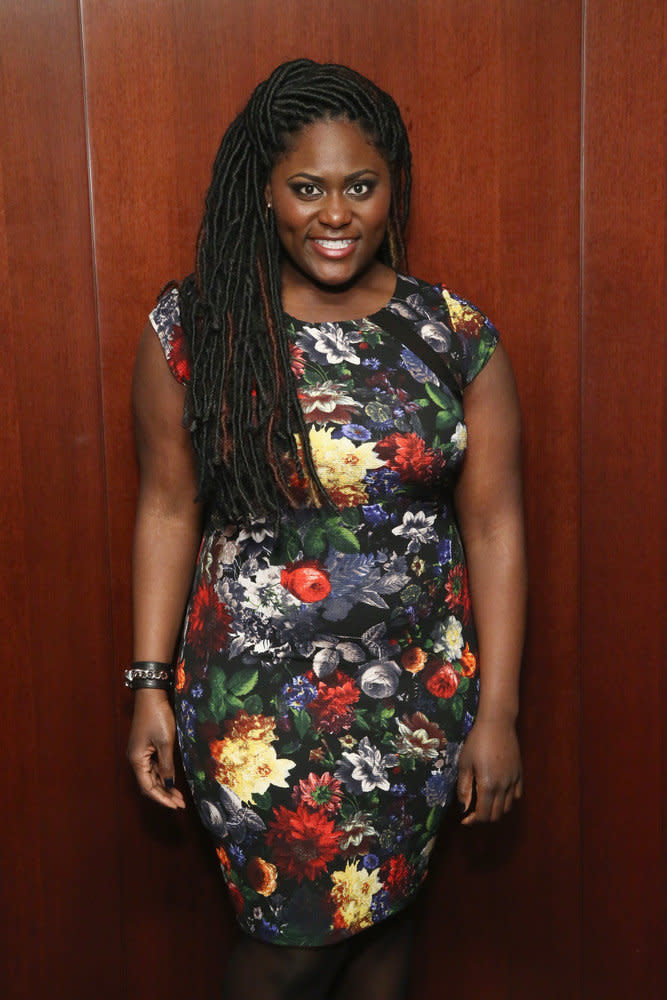
Allison Tate

Autumn Whitefield Madrano

Kjerstin Gruys

Christina Aguilera
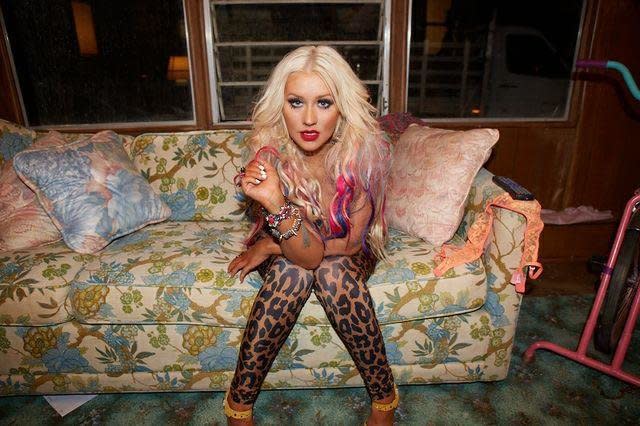
Lena Dunham

Stella Boonshoft
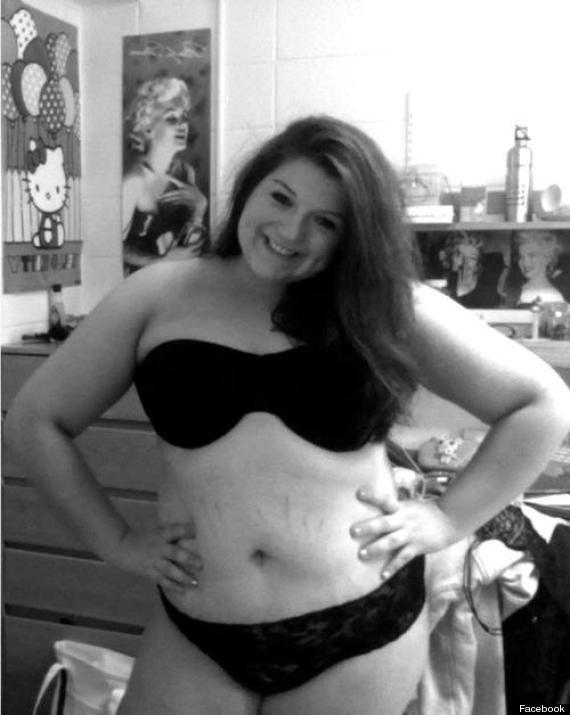
Beth Ditto
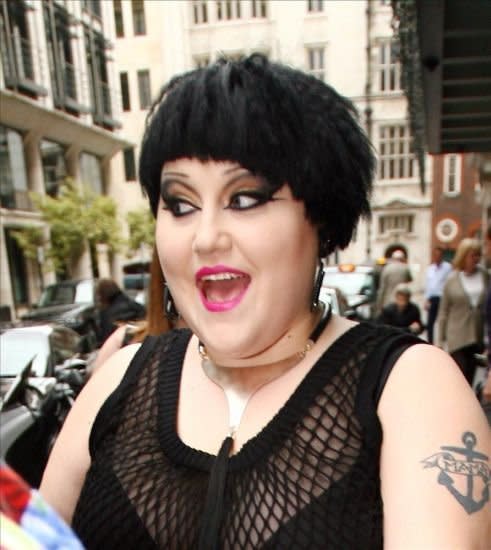
Mindy Kaling
